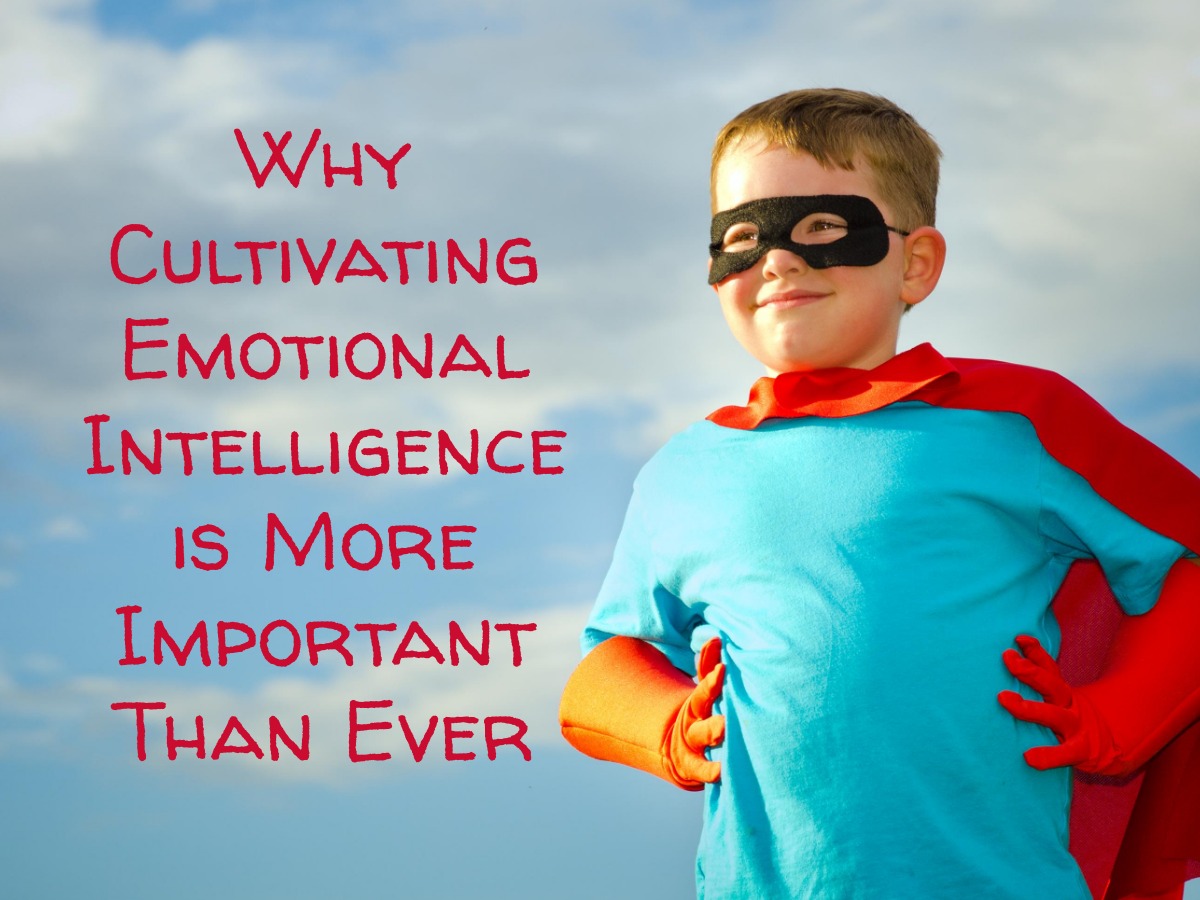Why Cultivating Emotional Intelligence is More Important Than Ever
In 1983, Dr. Gardner, professor of education at Harvard University, came up with the theory of Multiple Intelligences. It suggests that the traditional way of measuring one’s intelligence, ( I.Q. testing) is far too narrow. Instead, Dr. Gardner put forward his theory that there is a broader range of attributes that determine human potential in children and adults. EQ is one of them. This is what the curriculum at Swallows and Amazons is based on.
“Your emotional intelligence (EQ) is the level of your ability to understand other people, what motivates them, and how to work cooperatively with them,” says Dr. Howard Gardner. Most people these days would agree that we need to be able to do all these things if we want to be successful in our career and life. Because doing one’s job and achieving favourable outcomes for you and those around you depends on being able to empathize and negotiate with others.
On a global scale, this is vital for the cooperation of all humanity and forms the backbone of diplomacy. A recent speech made by a candidate in a presidential election powerfully highlighted what it looks and sounds like this is at risk. A deficit of EQ has real-world consequences because it can mean a lack of:
- self-awareness
- empathy
- social skills
- adaptability
- self-control
- organisational awareness
- positivity
- teamwork
- leadership
- conflict management
Now it is not lost on me that a person that lacks the above qualities can rise to the station of leading a nation. But I happen to believe, as most of us do, that it can be done far more fairly and harmoniously while possessing these skills!
That’s why – president, dentist, gymnast, or therapist – providing children with a safe and nurturing environment in which they can begin to explore and express their emotions at a young age, is actually a vital component to enhancing and giving context to their academic learning. So that when they decide all the things they’d like to be when they grow up, they have the understanding and ability to apply the skills gained during school, and the soft skills to get (and keep) a seat at the table in the first place.
When I set up Swallows and Amazons Kindergarten over thirteen years ago, our philosophy was centred around putting the EQ into IQ. At the time it hadn’t hit the headlines as it is now. With advancements in educational thinking and pedagogy over the intervening years, it might not seem so ground-breaking anymore. And yet, it is still just as important now as it was then. In fact, as we enter an era where information is shared like never before, it’s crucial that our children are capable of questioning the world and the viewpoints they’re presented with. Standing up and supporting themselves to engage in this process is key to their success.
With this in mind, I was recently, appointed Managing Director of several branches of White Lodge Preschools in Singapore. While it’s a lovely accolade for my own personal development, what it really means to me is a chance to share with more people the concept that everyday children have the capacity for greatness if we just equip them with the belief. Encouraging their curious minds beyond curriculum learning builds confidence in their ability to problem-solve, rationalise, and explore some creative thinking. I’m really excited to be sharing with teaching staff how to use daily situations to promote these things within the children in their care.
Quoting from the Harvard Business Review (https://hbr.org/2014/08/curiosity-is-as-important-as-intelligence), “EQ relates to complexity management in three main ways. First, individuals with higher EQ are less susceptible to stress and anxiety. Since complex situations are resourceful and demanding, they are likely to induce pressure and stress, but high EQ acts as a buffer. Second, EQ is a key ingredient of interpersonal skills, which means that people with higher EQ are better equipped to navigate complex organizational politics and advance in their careers. Indeed, even in today’s hyper-connected world what most employers look for is not technical expertise, but soft skills, especially when it comes to management and leadership roles. Third, people with higher EQ tend to be more entrepreneurial, so they are more proactive at exploiting opportunities, taking risks, and turning creative ideas into actual innovations. All this makes EQ an important quality for adapting to uncertain, unpredictable, and complex environments.”
